The Price of Poaching for The Nature Conservancy
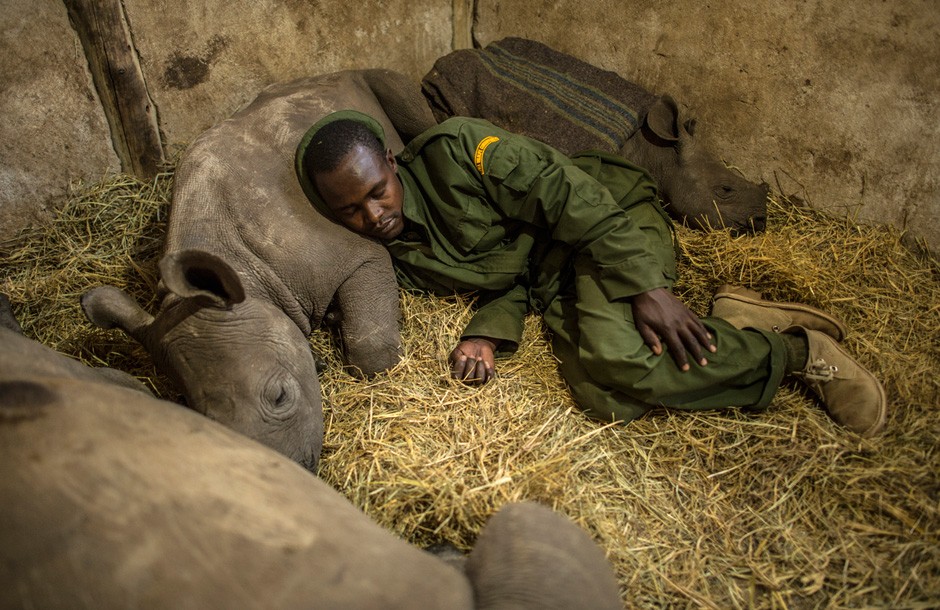
08 / 26 / 2014
Return to BlogFive years ago, I heard about a plan to airlift four of the last Northern White Rhinos from a zoo in the Czech Republic back to Africa. It sounded like a storyline for a Disney film but in reality, it was a desperate, last ditch effort to save an entire species. There are only seven of these rhinos left in existence. When I saw these huge, hulking gentle creatures surrounded by smokestacks and factories in the zoo outside of Prague, it seemed so unfair that we have reduced an entire species to this.
In December 2009, the Lewa Conservancy in Kenya airlifted the last four breeding age Northern White Rhinos from Dvur Kralove Zoo in the Czech Republic to the Ol Pejeta Conservancy in Kenya. As of 2014, there are only seven of these rhinos living in the world.
Lewa Wildlife Conservancy in Kenya worked hard to make the move possible and the rhinos were flown on a cold, snowy night in December, 2009. They landed and were brought to roam “free” on the savannas of Kenya at the Ol Pejeta Conservancy. The hope was then, and now, to breed them. The air, water, and food, not to mention room to roam, might stimulate them to breed—and the offspring would then be used to repopulate Africa. Failing successful breeding, they will be cross-bred with Southern White Rhinos to preserve the genes.
Recently, I had the opportunity to go back to Kenya on behalf of the Nature Conservancy to visit the four rhinos who had been airlifted to Kenya: Sudan, Suni, Najin and Fatu. It warmed my heart to see them nuzzling on the open plains, but I was reminded of a tragic truth by the team of armed guards who are there to protect them from poachers. Poaching is not slowing down, and it’s entirely possible, even likely, that if the current trajectory of killing continues, rhinos, along with elephants and a host of lesser known plains animals, will be functionally extinct in our lifetime. Organized by sophisticated heavily armed criminal networks and fueled by heavy demand from newly minted millionaires in emerging markets, poaching is devastating the amazing mega-fauna of the African plains.
Much needed attention has been focused on the plight of wildlife and the conflict between heavily armed poachers and increasingly militarized wildlife rangers, but very little has been said about the indigenous communities on the frontlines of the poaching wars and the incredible work that is being done to strengthen them. These communities may hold the key to saving Africa’s great animals.
We can often forget that the best protectors of these landscapes are the local communities themselves. Their efforts to preserve community cohesion is ultimately the best immunization against forces that threaten both their wildlife and way of life. See more HERE.
You May Also Enjoy
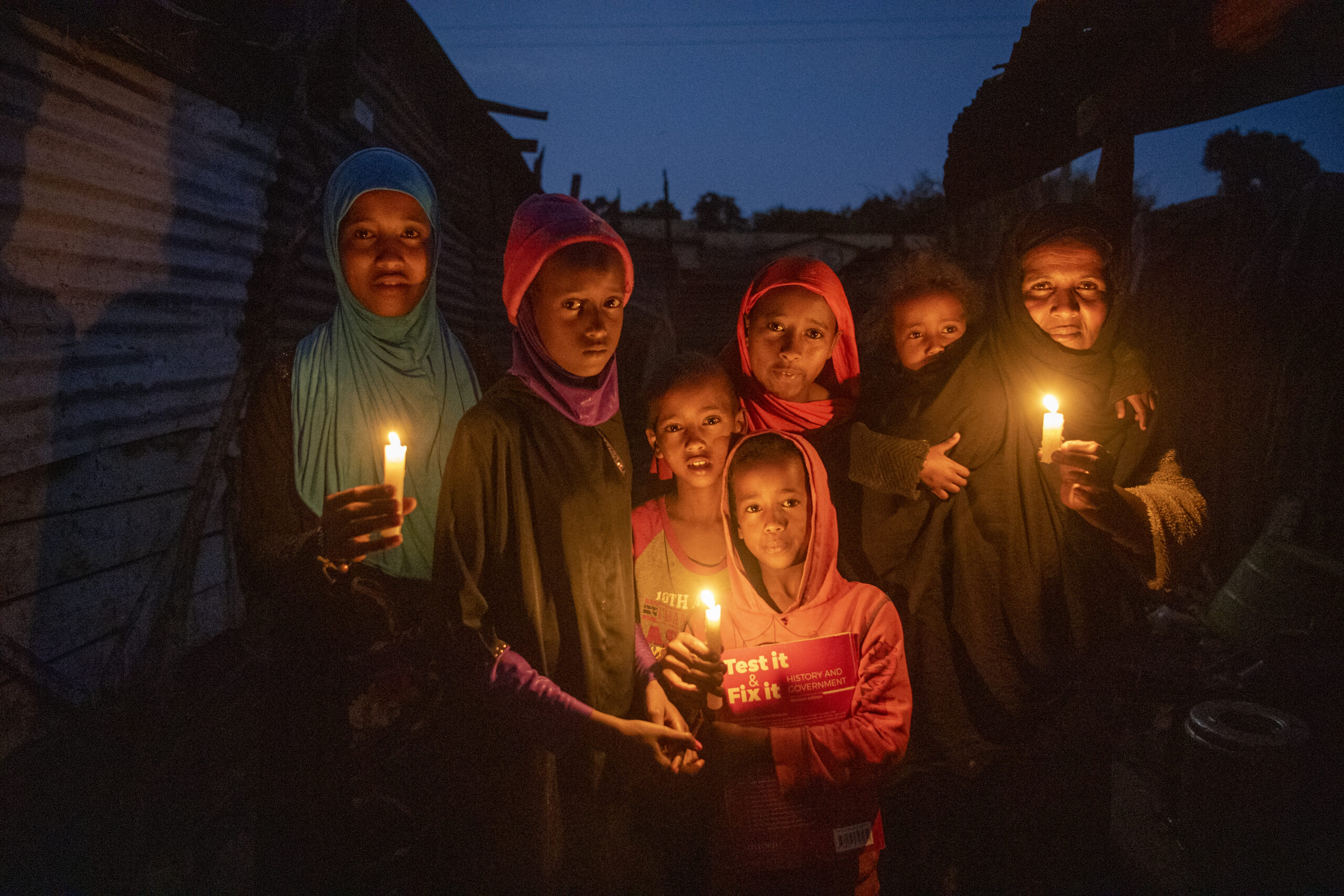
Help Vital Impacts Meet the Match
I had the pleasure of speaking with the incredibly talented and thoughtful Mark Edward Harris from Make It Better Foundation about the power of a single image to impact our understanding of the world. At this critical moment for humanity, we cannot afford to feel overwhelmed or hope that someone else will address our challenges. [ … ]
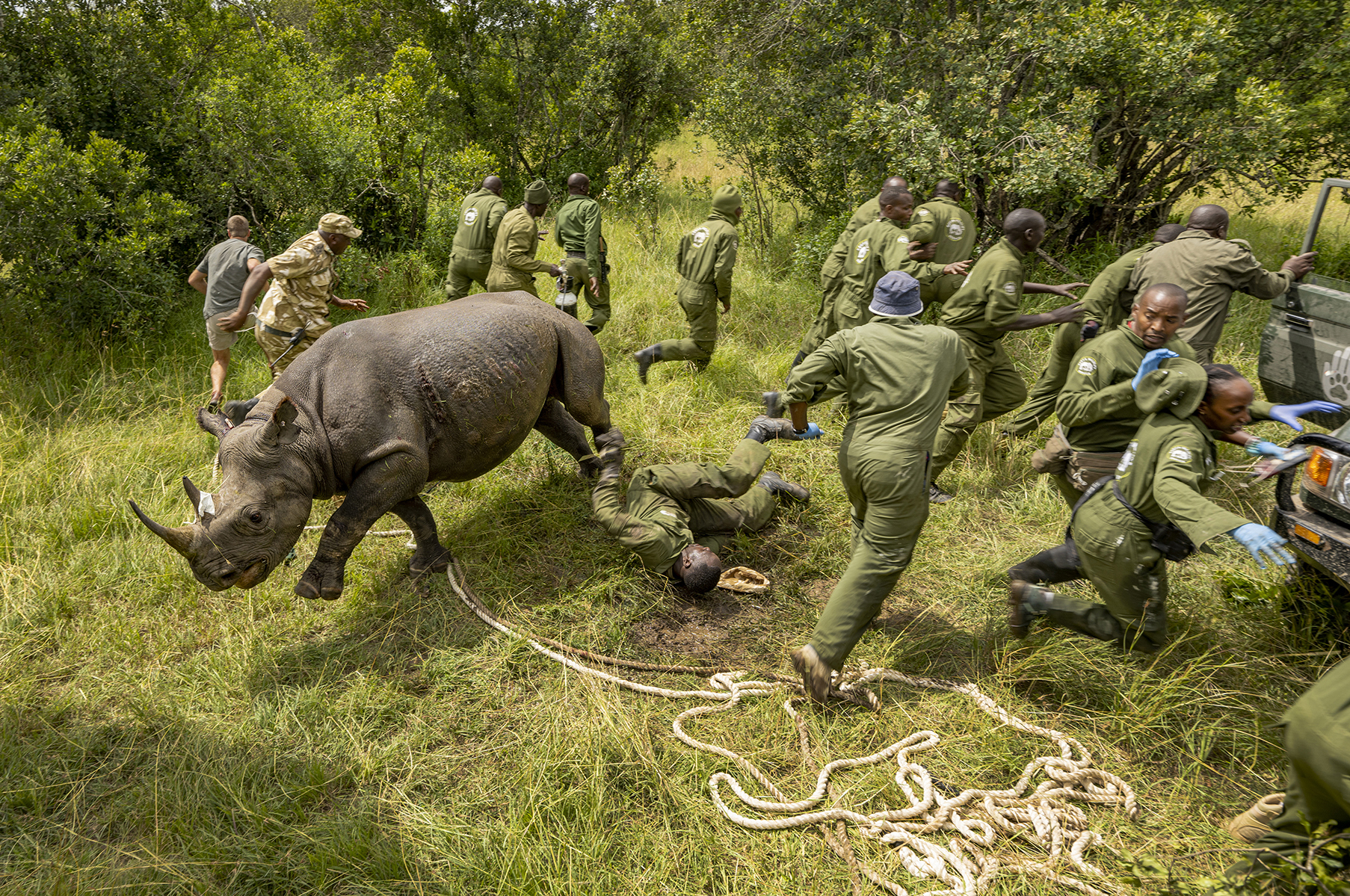
Black Rhino Revival
I am honored to have been able to collaborate with The Nature Conservancy to document the incredible efforts and critical steps Kenya has had in achieving stable habitats for the survival of the species. Black rhinos once thrived across Kenya, but rampant poaching in the 1970s and ’80s drove them to near extinction. However, government [ … ]
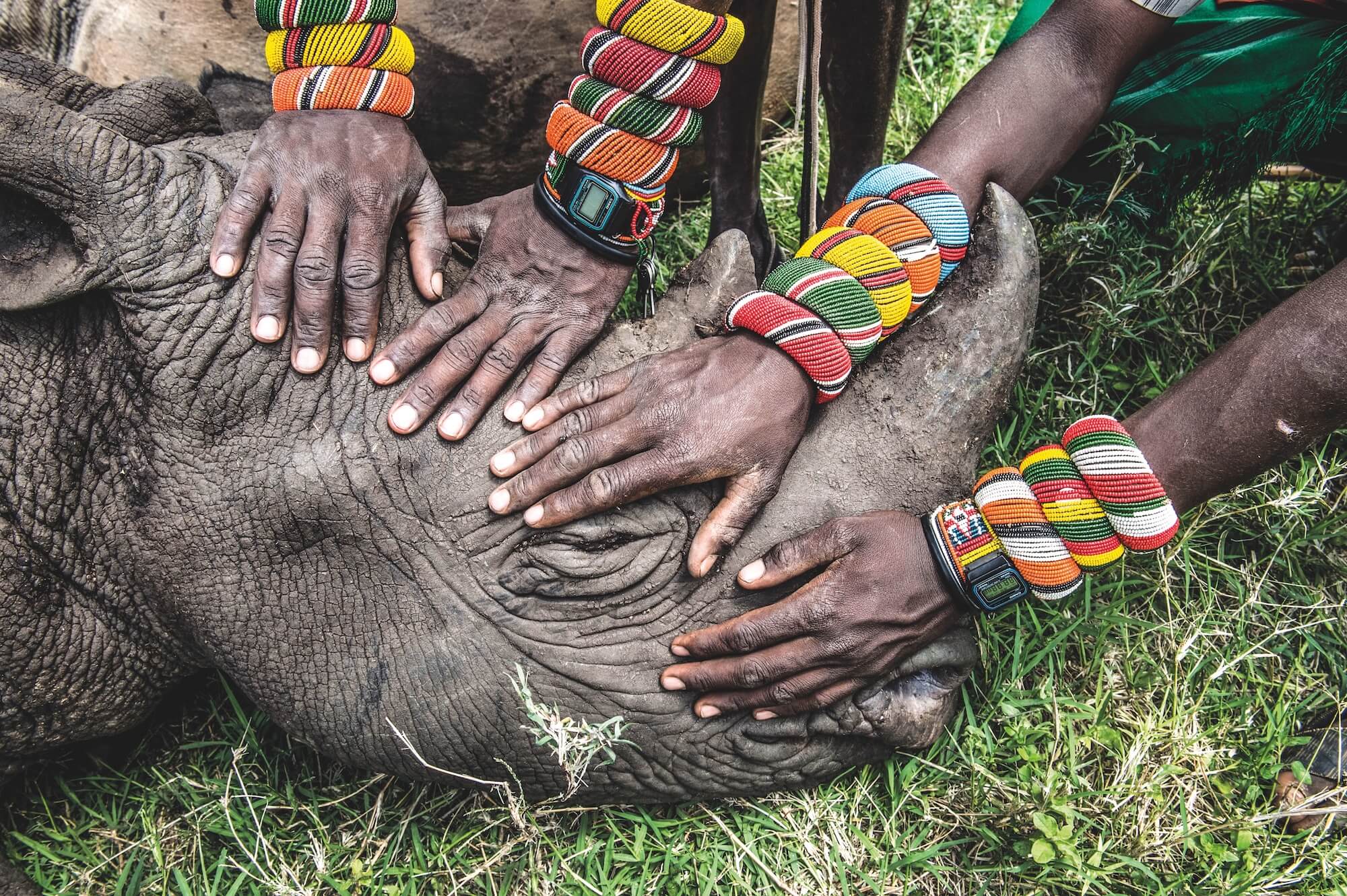
Ami Named Royal Photographic Society Honorary Fellow
I am honored to share that I have been named an honorary fellow of the Royal Photographic Society, alongside such photographic luminaries as James Balog, James Friend, Sirkka-Liisa Konttinen, Michelle Sank, Marilyn Nance, Yasmine Crawford, and William Kentridge. This prestigious recognition is part of an initiative that celebrates the unique power of photography to challenge societal [ … ]
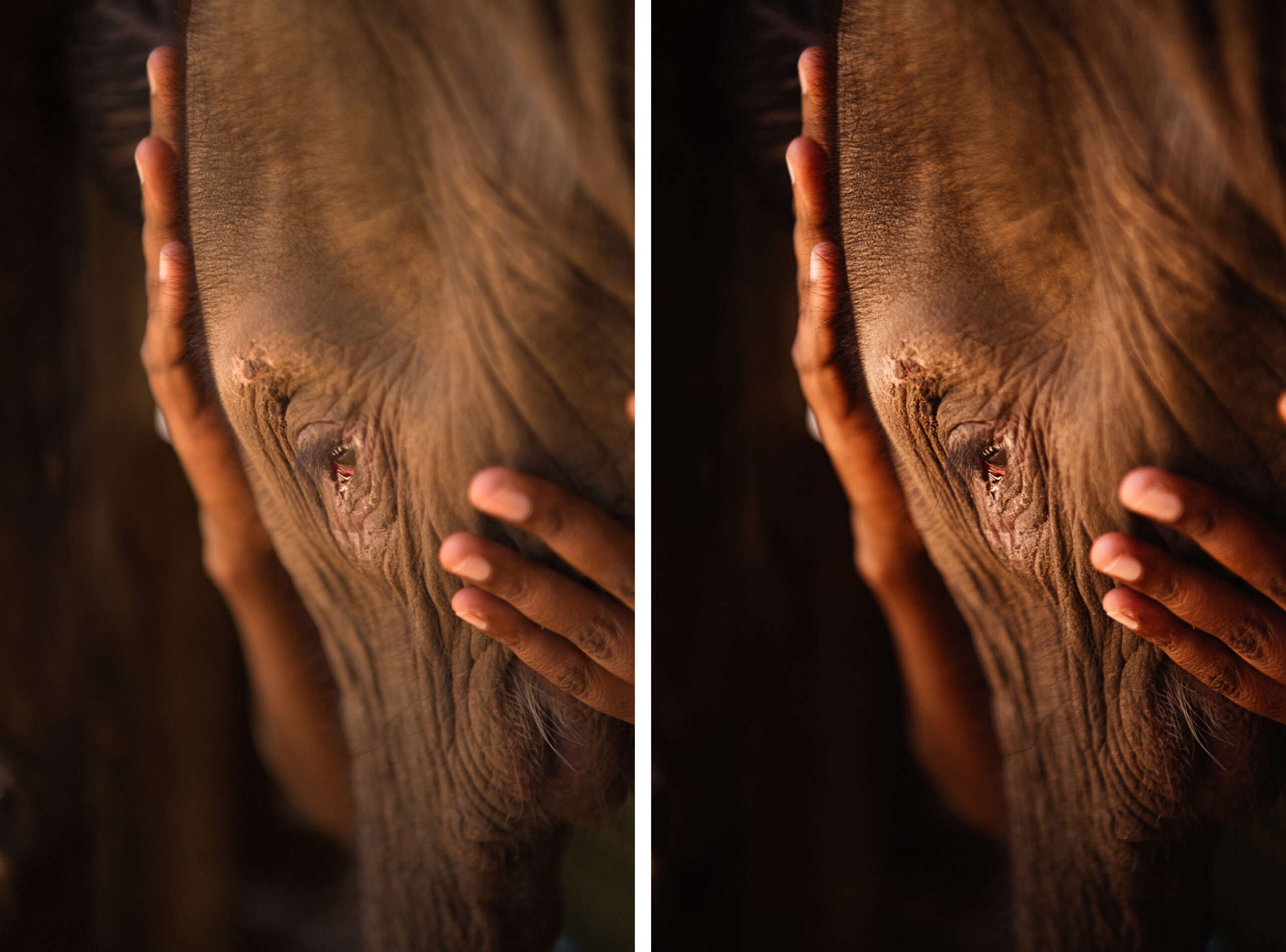
My Earth Essence Presets with Luminar Neo
I’m excited to announce my partnership with Luminar Neo. We have launched an exclusive Earth Essence Presets Collection that captures the essence of classic darkroom techniques. These presets are crafted to help you make subtle, yet powerful enhancements to your portrait, landscape, and wildlife photography. Guided by a strong commitment to ethical standards, my image [ … ]

